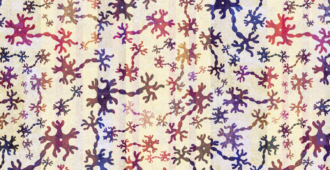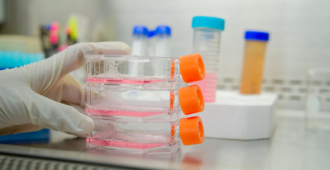The exact causes of MND are still unknown and there remain gaps in knowledge which need filling to find effective treatments. It is like a puzzle with thousands of pieces: some big, some small and some still missing from the box. As decades of research have gone on, the bigger picture continues to become clearer. We now have a better understanding of the disease and more clinical trials in progress ever before. This has only been achieved by a global workforce of problem solvers dedicated to MND research.
At the MND Association, we want to support and maintain the best and brightest minds working on MND. This why a portion of our funding is invested in people to support their research. Our Lady Edith Wolfson Fellowship Programme attracts and develops outstanding young Clinical and Non-Clinical researchers. Over the past 15 years we have supported over 30 researchers through the programme. We also fund students through our PhD studentships, which have helped many people take their first steps in MND research and build the skills and experience needed for a future career. The work of each of them is driving discovery and adding pieces to the MND puzzle.
To maintain momentum, it is also important to identify any gaps in funding that may lead to researchers leaving the field. A funding gap currently exists which can make it difficult to apply for fellowship positions. Before applying for fellowships, such as the MND Association Lady Edith Wolfson Fellowship Programme, researchers require initial data to show the potential of their research. We have now launched our Pre-Fellowship scheme which aims to bridge this gap and provides 12-18 months of funding to obtain this initial data. These Pre-fellowships form part of the objectives of the new virtual MND institute to train future leaders in MND research by providing funding and a collaborative research environment that encourages early career scientists to continue their training and careers in MND translational research (research focused on moving laboratory discoveries towards potential therapies). The fellowships are funded by the MND Association and coordinated by MND Scotland. The funding call is currently open and closes on the 31 March 2023. More information on our Pre-fellowships can be found on our website.
See below for a handful of researchers we have supported. All have remained in MND research and continue to make a difference.
Professor Pietro Fratta is a senior clinical fellow from University College London whose work looks at the genetics and biological mechanisms that cause MND. We have funded Professor Fratta at various points in his career through a Clinical Research Training Fellowship and Clinical Scientist Fellowship. We are now supporting him via our Lady Edith Wolfson Senior Clinical fellowship. Throughout this project, Professor Fratta is investigating how TDP-43 impacts the response of motor neurones to damage in the axons, and the relevance of this response pathway in MND.
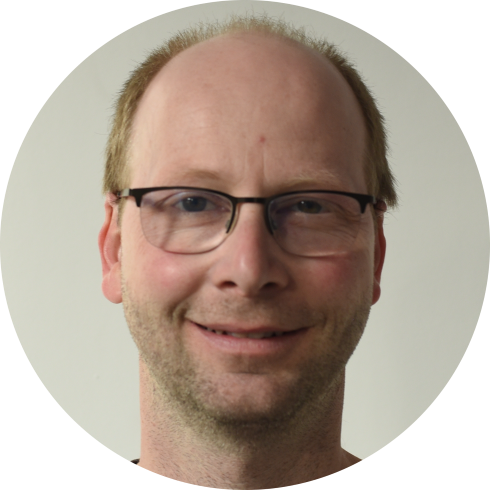
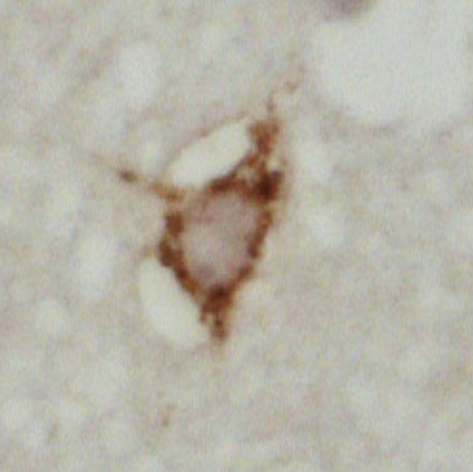
RELATED TOPIC
Blog | 24 February 2022
New discovery reveals why mysterious genetic variant impacts ALS severity – MND Research Blog

Jade Howard is in the final stages of her PhD at the University of Aberdeen where her research focused on inherited MND and how people understand genetic risk. Interviews from her PhD have been used to create a resource for healthtalk about inherited MND. The tool includes interviews of people who shared their experience of the disease with the idea that this information will help others facing similar challenges. Like many, Jade has chosen to remain in MND research by joining the team at the University of Sheffield who are developing a genetic testing decision aid.
Dr Martina Hallegger is a senior research fellow from University College London and Francis Crick Institute. Dr Hallegger was a previous Lady Edith Wolfson Non-Clinical Fellow which was awarded in 2016. Her work focused on TDP-43, a protein which is found to be faulty in nearly all cases of MND. We are continuing to fund Dr Hallegger in a project which builds on previous work and aims to identify new therapeutic strategies to limit the formation of TDP-43 protein clumps in motor neurones.
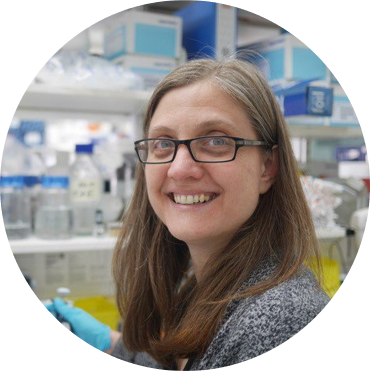
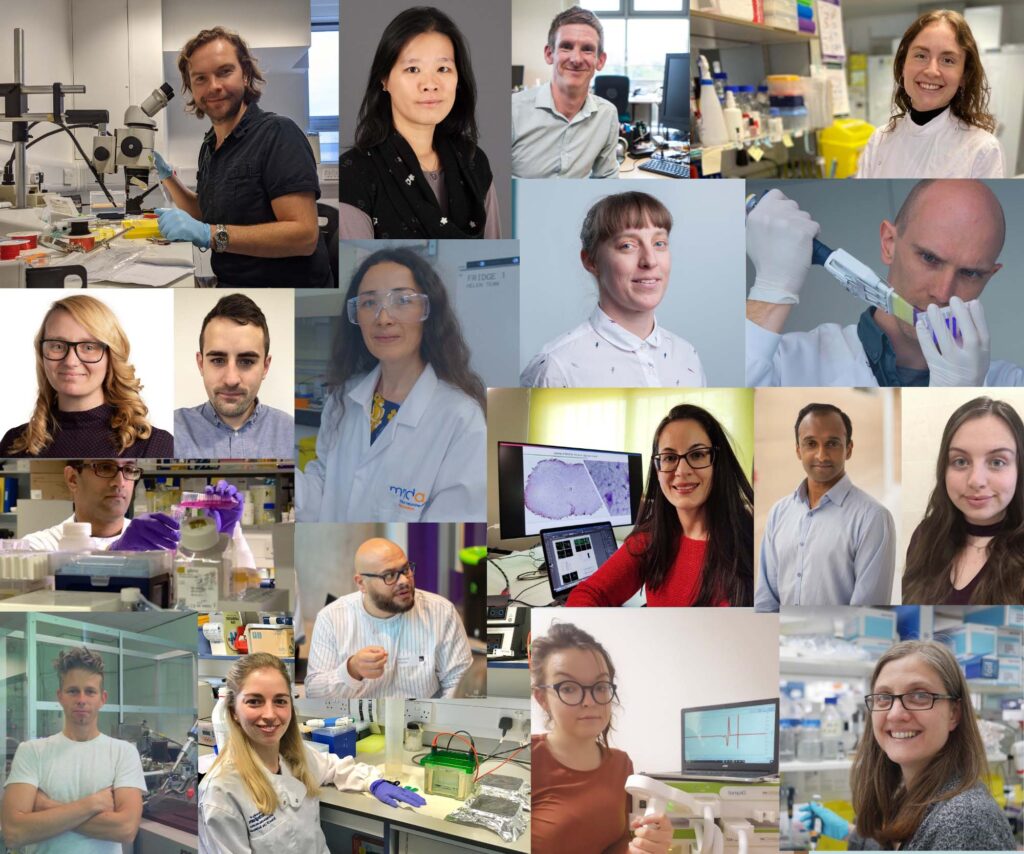
RELATED TOPIC
Blog | 24 June 2021
Driving MND Research through our Senior Non-Clinical Fellowships – MND Research Blog
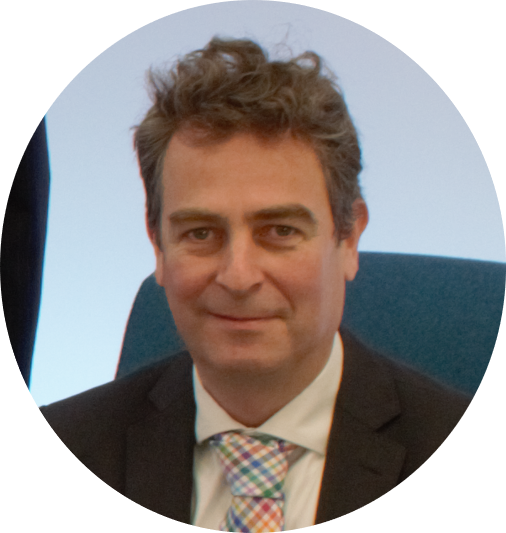
Professor Martin Turner is a neurologist and Professor of Clinical Neurology and Neuroscience at the University of Oxford. In 2008, the MND Association awarded Professor Turner with the first Lady Edith Wolfson Clinical Fellowship. Since then, he has balanced his time working on numerous research projects as well as seeing people living with MND in the clinic. Most recently, we spoke to him about his work on project AMBRoSIA, a biobanking programme which aims to identify new biomarkers for MND.


